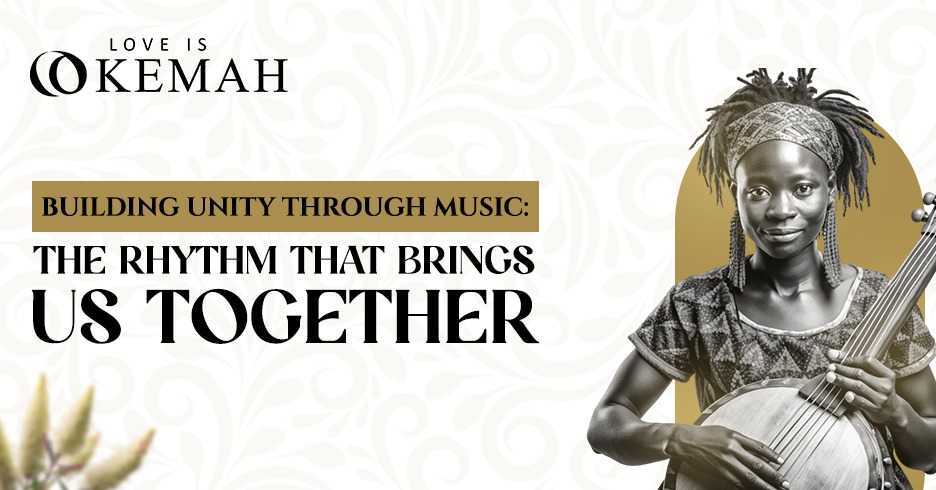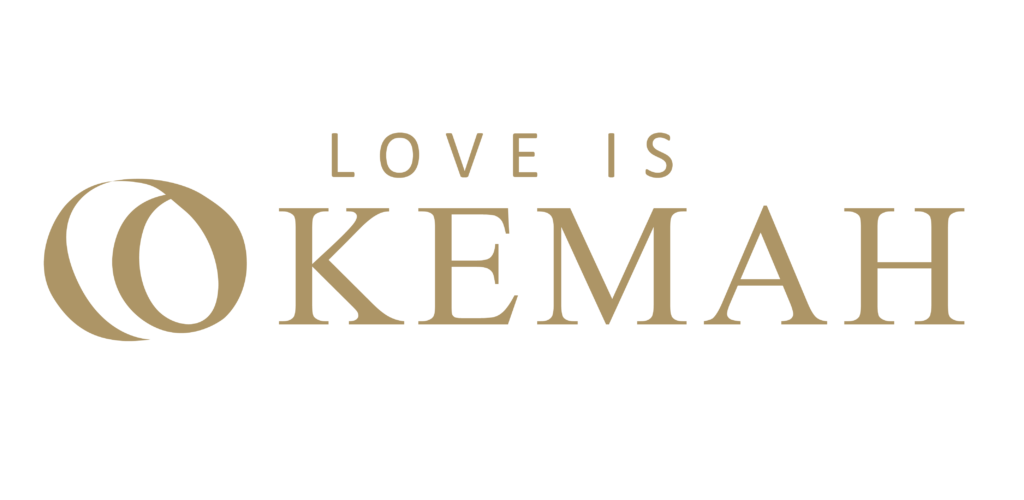
Building Unity Through Music: The Rhythm That Brings Us Together
Music has always been more than just a form of entertainment. It’s a language that transcends borders, bridges divides, and, most importantly, builds unity among people from different walks of life. It is an art form that has played an instrumental role in shaping societies, igniting movements, and fostering unity among diverse groups.
Throughout history, music has reflected the struggles and aspirations of humanity while bringing individuals together in powerful ways. This blog post explores the unifying force of music, with a specific mention of Okemah and the significant influence of music created by Black people.
The Power of Music as a Unifying Force
Music speaks to us all, regardless of our background, ethnicity, or personal beliefs. Its universal language can resonate deeply within the soul and promote a sense of shared identity and purpose. Whether through lyrics that inspire social change or melodies that move us emotionally, music brings people together, helping to create moments of connection.
In challenging times, music serves as a powerful tool for social cohesion. Whether at a concert, in a church, or in a public square, people unite in their love for rhythm and harmony. Music doesn’t discriminate; it opens doors to understanding, tolerance, and shared joy.
Okemah: A Symbol of Musical Legacy
Okemah, Oklahoma, though small in size, boasts a significant musical legacy. It is the birthplace of Woody Guthrie, a folk singer-songwriter whose music resonated with the working class and advocated for unity through social justice. Guthrie’s lyrics tackled issues of inequality, discrimination, and the struggles of everyday Americans. His song “This Land Is Your Land” is still a national anthem for many, a cry for inclusion and unity across the country. Guthrie’s upbringing in Okemah had a profound impact on his outlook and fueled his desire to use music as a means to foster unity among different races, classes, and communities.
Guthrie’s influence remains as potent today as it was during the Dust Bowl era. His music represents the power of song to unify people across socioeconomic lines. Okemah, through Guthrie’s legacy, stands as a testament to the idea that small towns can contribute significantly to global movements and musical unity.
The Role of Black Music in Building Unity
Black music in the United States has played an indelible role in shaping the nation’s cultural landscape, advancing social change, and bringing people together. From the spirituals sung by enslaved Africans in the fields to jazz, blues, gospel, soul, and hip-hop, Black music has been a source of unity, both within the Black community and across racial divides.
In the early 20th century, jazz and blues emerged from African American communities in the Deep South, becoming genres that would eventually shape global music culture. Jazz, in particular, brought together musicians of various races, particularly during the Harlem Renaissance, a period of artistic flourishing for African Americans. People from all backgrounds attended jazz clubs to experience the revolutionary sound that challenged social norms and connected diverse audiences.
Likewise, the Civil Rights Movement of the 1960s was deeply intertwined with music. Artists like Sam Cooke, Nina Simone, and Mahalia Jackson created soundtracks for the movement with songs like “A Change Is Gonna Come” and “Mississippi Goddam,” which spoke to the desire for freedom and equality. Music was a rallying cry that united people in their fight against oppression. It transcended racial boundaries and helped to mobilize communities for action. The anthems of the Civil Rights Movement still reverberate today, underscoring the unifying power of Black music.
Gospel, Blues, and Soul: Building Bridges of Solidarity
Gospel, blues, and soul music have been instrumental in bridging gaps between people of different races and socioeconomic backgrounds. Gospel music’s uplifting messages of hope, peace, and resilience found an audience not only in Black churches but in white congregations as well. It brought together people with a shared belief in spiritual salvation and human dignity.
Blues, on the other hand, communicated the everyday struggles of Black Americans in a way that resonated with many outside the community. Musicians like B.B. King and Muddy Waters expressed universal feelings of sorrow, love, and perseverance. Their music transcended racial divides, with white audiences embracing the emotional depth and raw power of the blues.
Soul music, with artists like Aretha Franklin, James Brown, and Otis Redding, further broke down racial barriers in the 1960s. It blended gospel’s spiritual fervor with rhythm and blues’ gritty realism, creating a sound that appealed to people of all backgrounds. Soul music spoke to the hearts of both Black and white audiences, uniting them through shared emotional experiences.
Hip-Hop: A Global Movement for Unity
Fast forward to the late 20th and early 21st centuries, and hip-hop has become one of the most influential musical genres in the world. Born out of the Black and Latinx communities in the Bronx during the 1970s, hip-hop started as a form of expression against the social, economic, and racial injustices faced by marginalized communities. It quickly grew into a global movement, transcending national borders and uniting people across different cultures and ethnicities.
From its inception, hip-hop was about unity and bringing people together, whether through rap battles, breakdancing competitions, or graffiti art. In this sense, hip-hop has become a platform for individuals worldwide to express themselves, share their stories, and come together in solidarity over shared struggles.
Internationally, hip-hop has provided a voice for oppressed communities and youth movements from Paris to Tokyo to Cape Town. Its rhythm and message have created solidarity movements, helping people unite around shared causes, from anti-poverty campaigns to fights for civil liberties.
Music in the Modern Age: A Call for Unity
Today, in a time when the world seems more divided than ever, music remains one of the most potent forces for unity. In the face of racial, economic, and political divides, music continues to bring people together. Festivals like Coachella, Glastonbury, and Afropunk showcase a diversity of musical talent, from rock to reggae, hip-hop to indie, attracting people from different backgrounds and cultures to share a common experience of musical joy.
The rise of streaming services like Spotify and Apple Music has further democratized access to music, allowing individuals to explore sounds from every corner of the globe. The ability to share music with the click of a button means that people can connect with others over shared tastes and discover new artists who reflect their experiences.
Conclusion: The Unifying Beat of Humanity
Music, from Okemah’s folk roots to the pulsating rhythms of jazz, blues, and hip-hop, serves as a binding thread in the fabric of humanity. Black music, in particular, has profoundly shaped the American experience and fostered unity across racial divides. It has the power to heal, inspire, and move us toward collective action.
As we look forward, it is clear that music will continue to be an essential tool for building unity in an increasingly complex world. Music’s ability to connect people, stir emotions, and inspire hope is timeless, offering an avenue for creating a more harmonious and inclusive society. Whether it’s in small towns like Okemah or bustling cities around the globe, the rhythm of unity through music will never fade.
